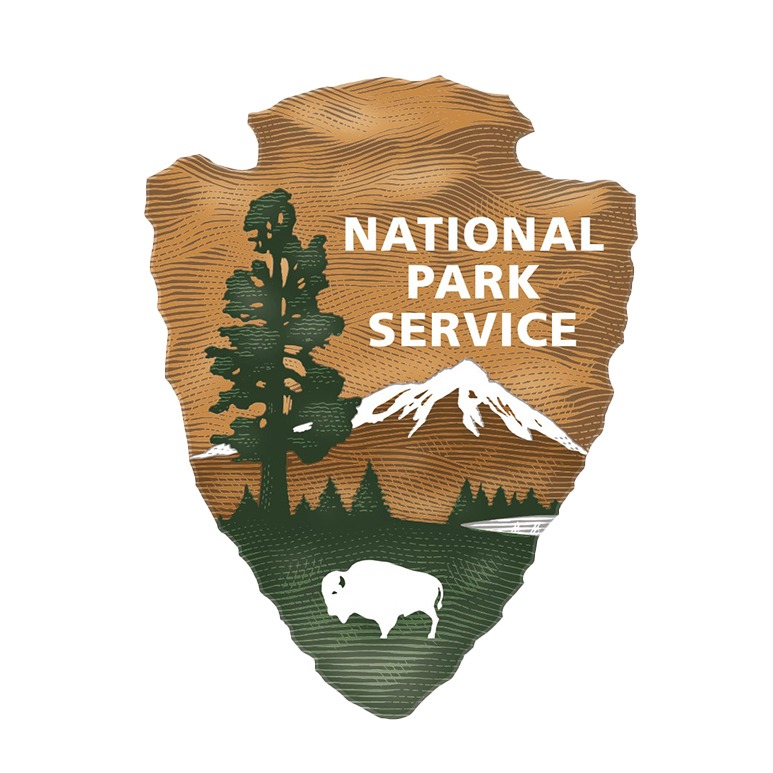*This is a 2021 archived project, view this year’s projects here.
Project overview: Work toward saving endangered Sierra Nevada bighorns by continuing to build resilience in the three Yosemite-area herds of wild sheep.
The backstory: Sierra Nevada bighorn sheep live only in their namesake mountain range. They are slowly reclaiming a foothold in those high peaks, after decades on the edge of extinction.
Bighorns vanished from Yosemite in 1914, due largely to disease, hunting and predation. Long before the species was declared federally endangered in 2000, efforts were under way to save the Sierra’s wild sheep. In the 1980s, with support from our donors, the National Park Service reintroduced Sierra Nevada bighorn sheep near Yosemite’s eastern border, establishing herds on Mt. Warren and Mt. Gibbs. In 2015, again with donors’ help, biologists released a bighorn herd in the Cathedral Range, marking a milestone: the first wild sheep in the heart of the Yosemite Wilderness in more than 100 years.
Since then, our supporters have helped an interagency team pursue a long-term goal of ensuring the species’ survival and self-sufficiency. Scientists monitor the sheep, both remotely and through field work, carefully bring in rams and ewes from other parts of the species’ range, and work to educate the public about the bighorns’ story. In 2020, surveys found lambs in all three herds, a welcome sign after unusually harsh winters in recent years, which threatened the sheep’s survival.
This year: In 2021, your support will enable the bighorn team to continue to help the Yosemite-area wild sheep population grow more resilient. Researchers will use GPS collars and on-the-ground surveys to track, count and check the health of Yosemite’s bighorn, and they will introduce more sheep to the Cathedral Range to boost the herd’s numbers and increase genetic diversity.
Project partners: Yosemite National Park, California Department of Fish & Wildlife, Sierra Nevada Bighorn Sheep Foundation, and U.S. Fish & Wildlife Service.

